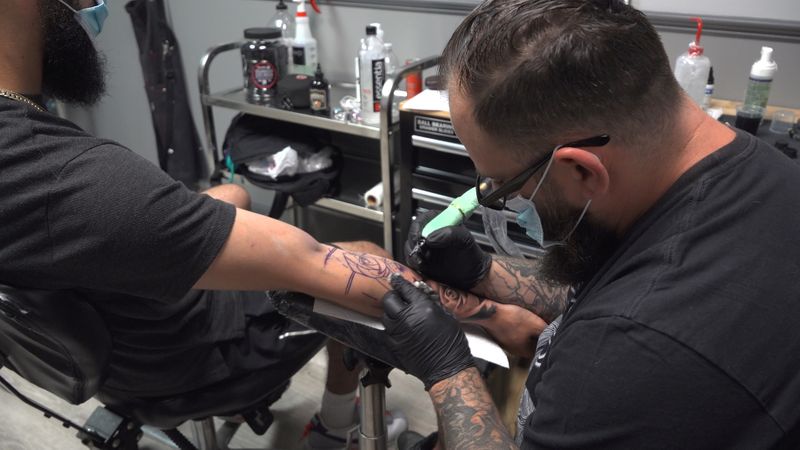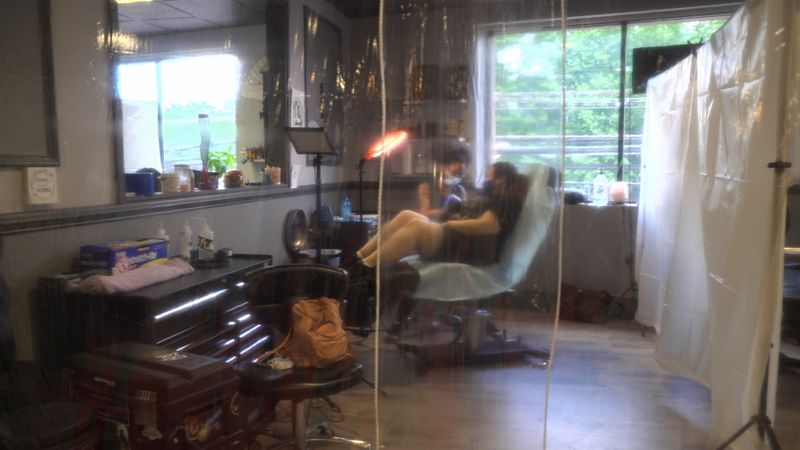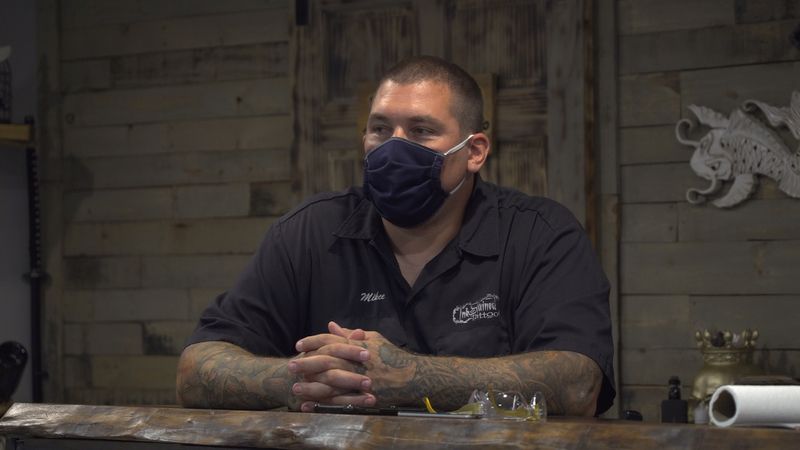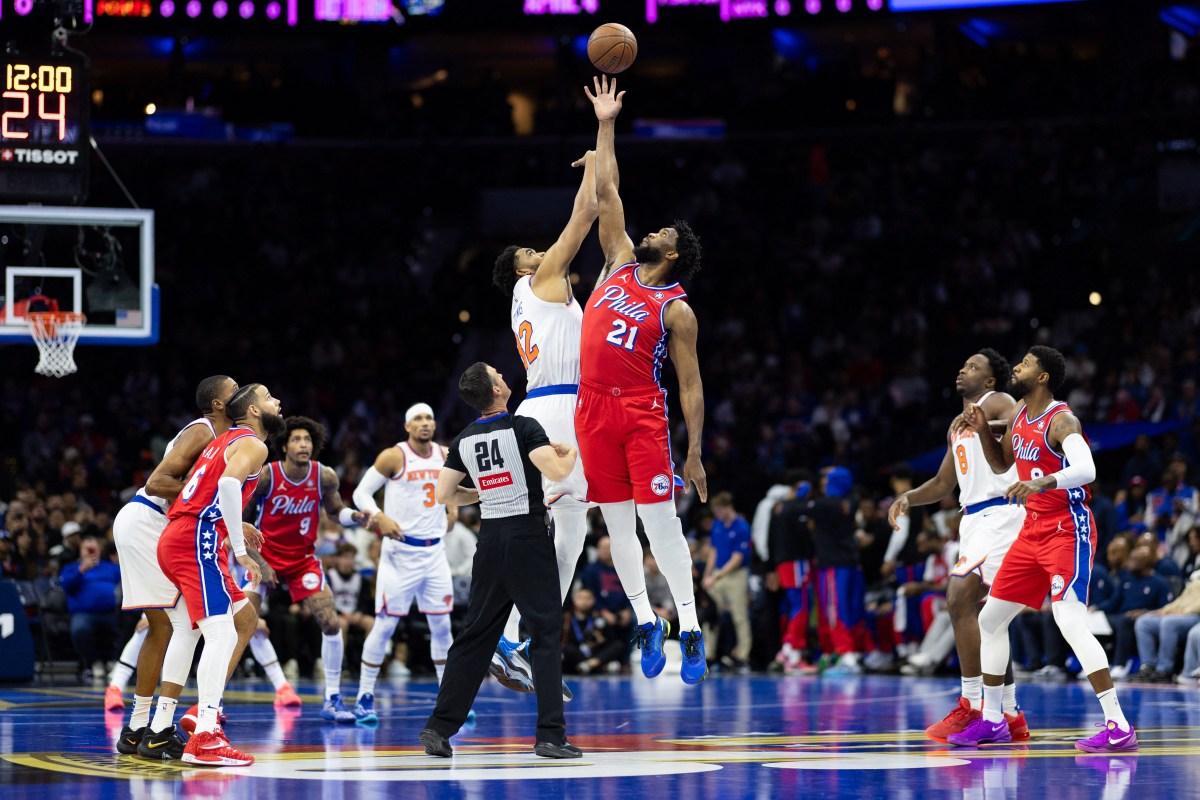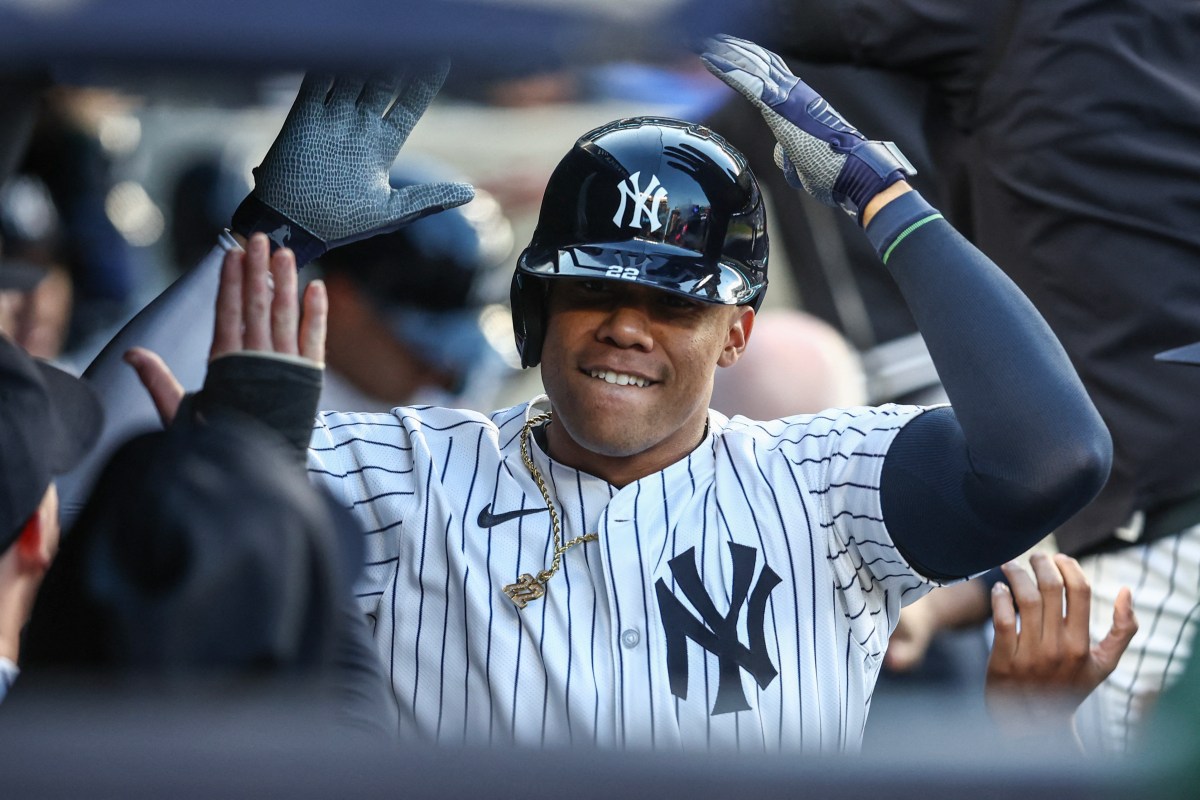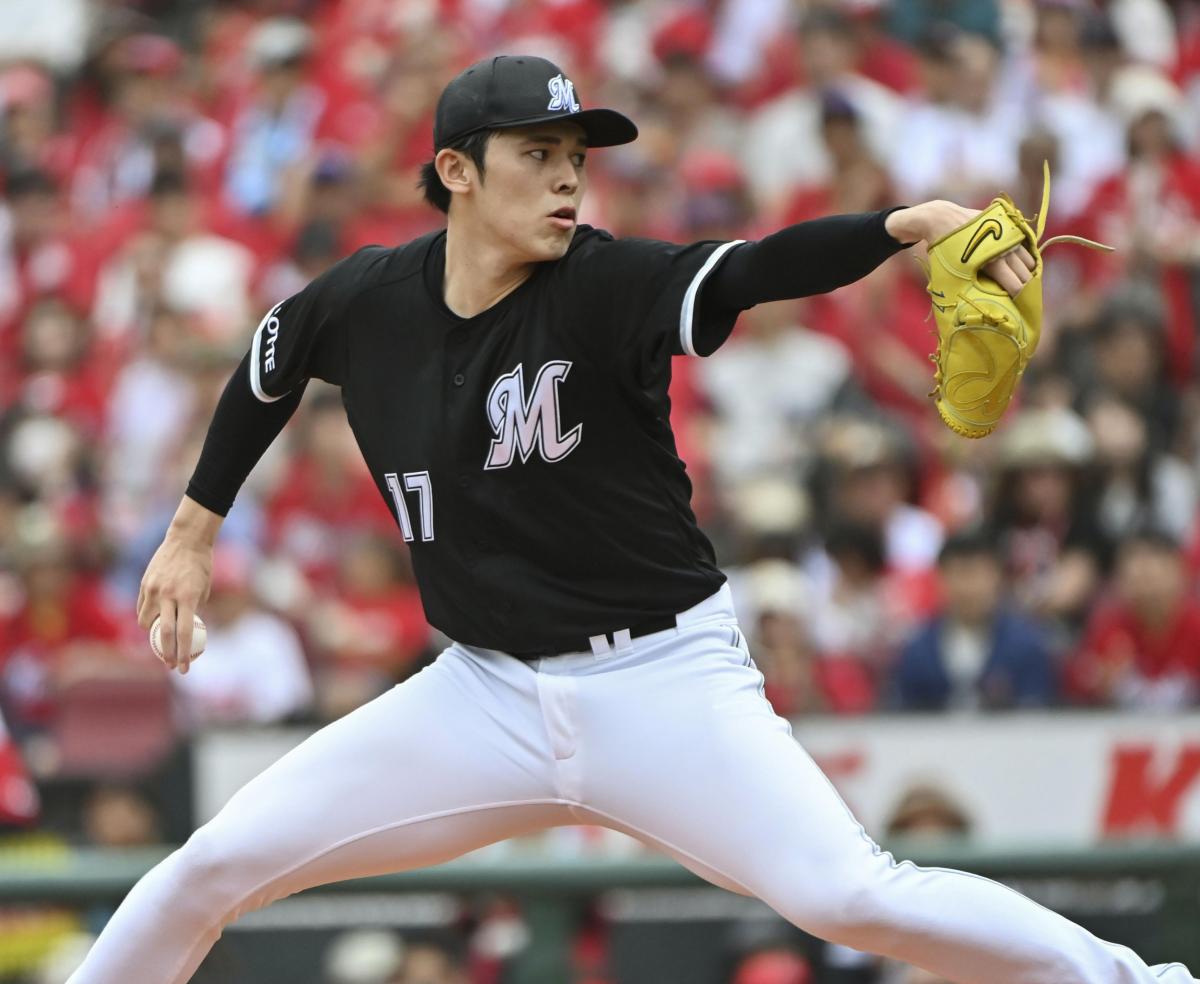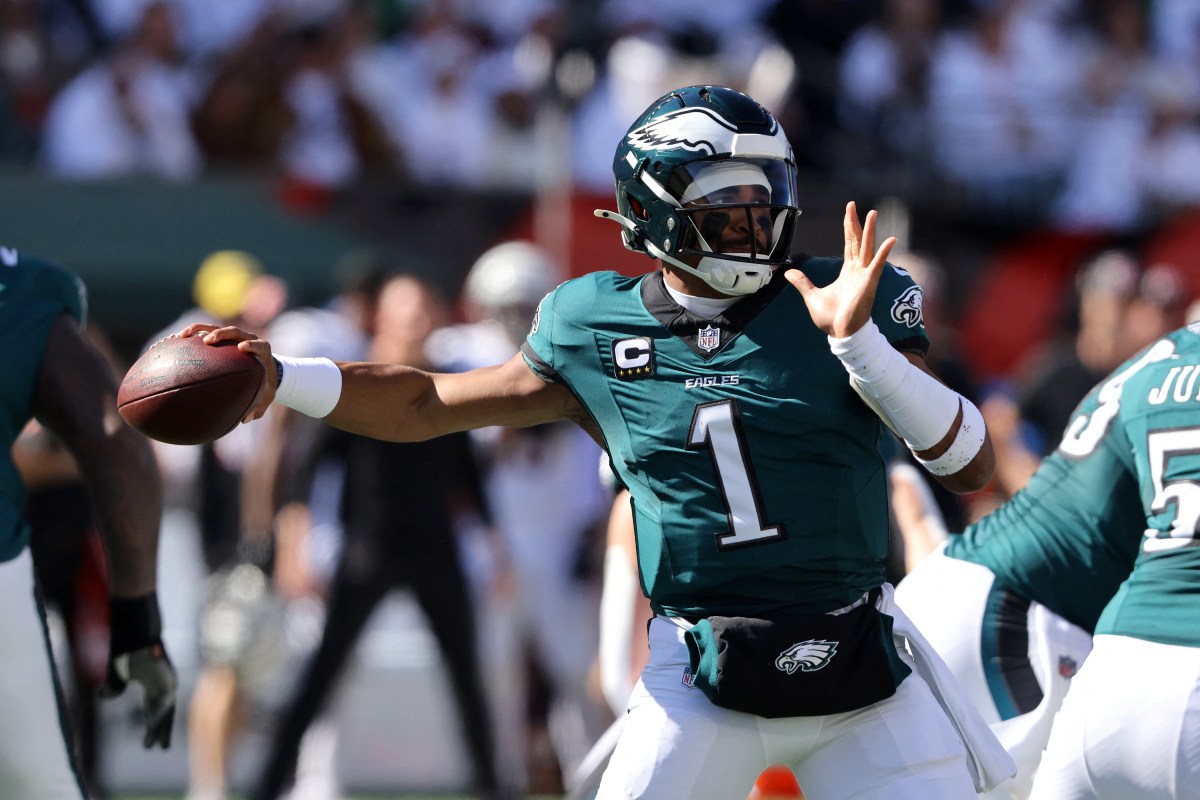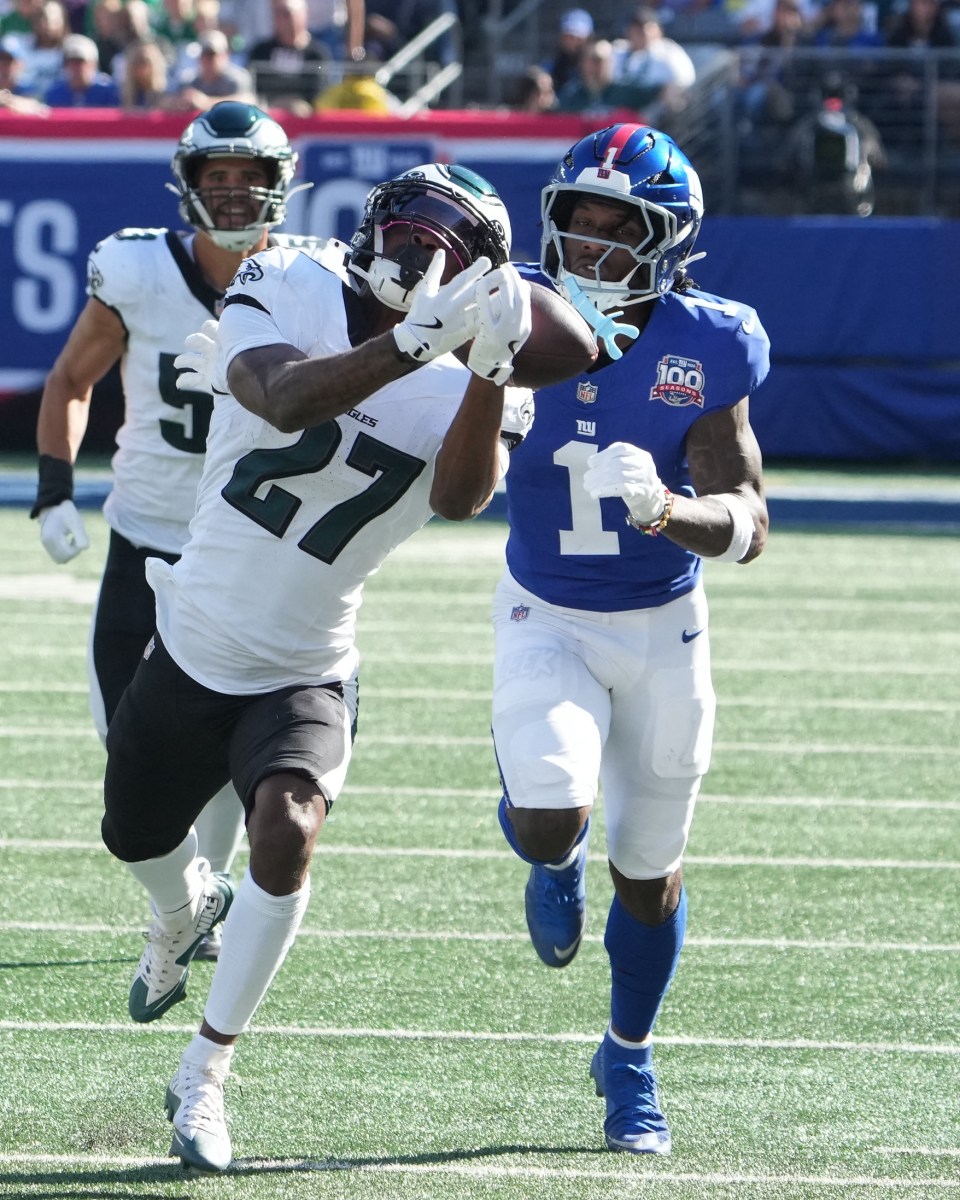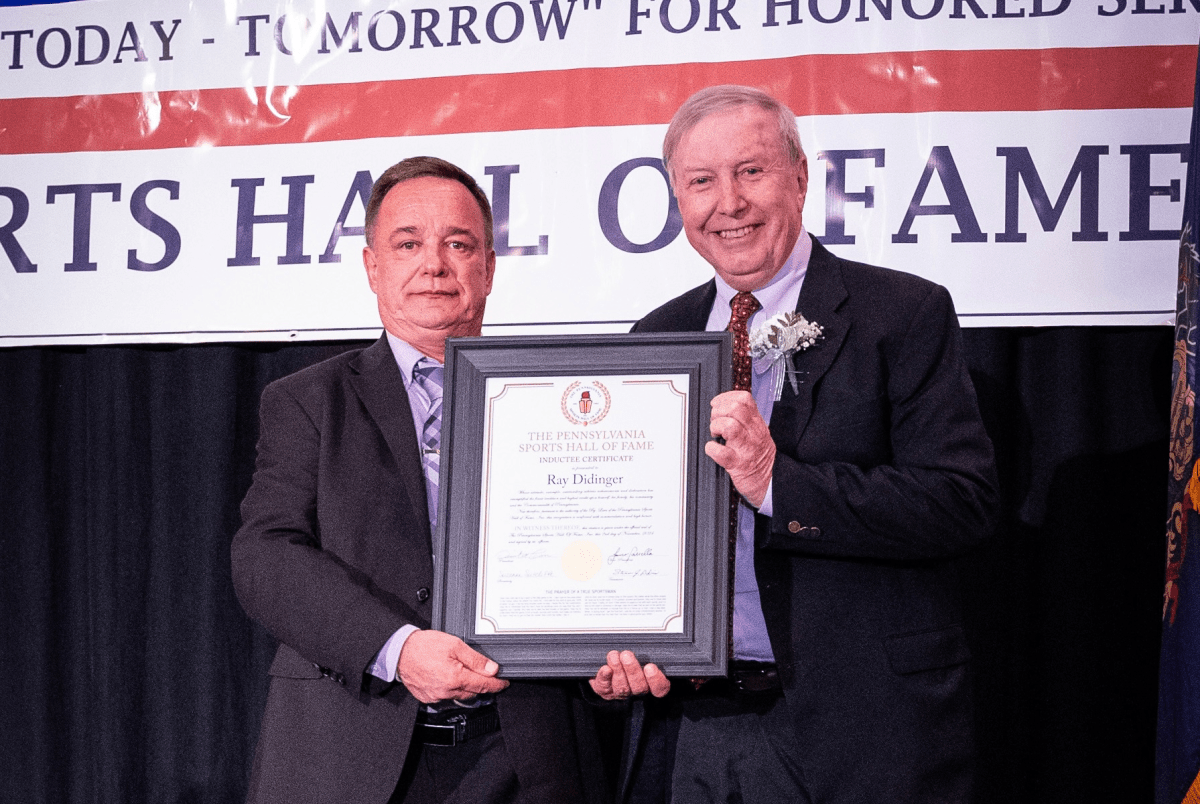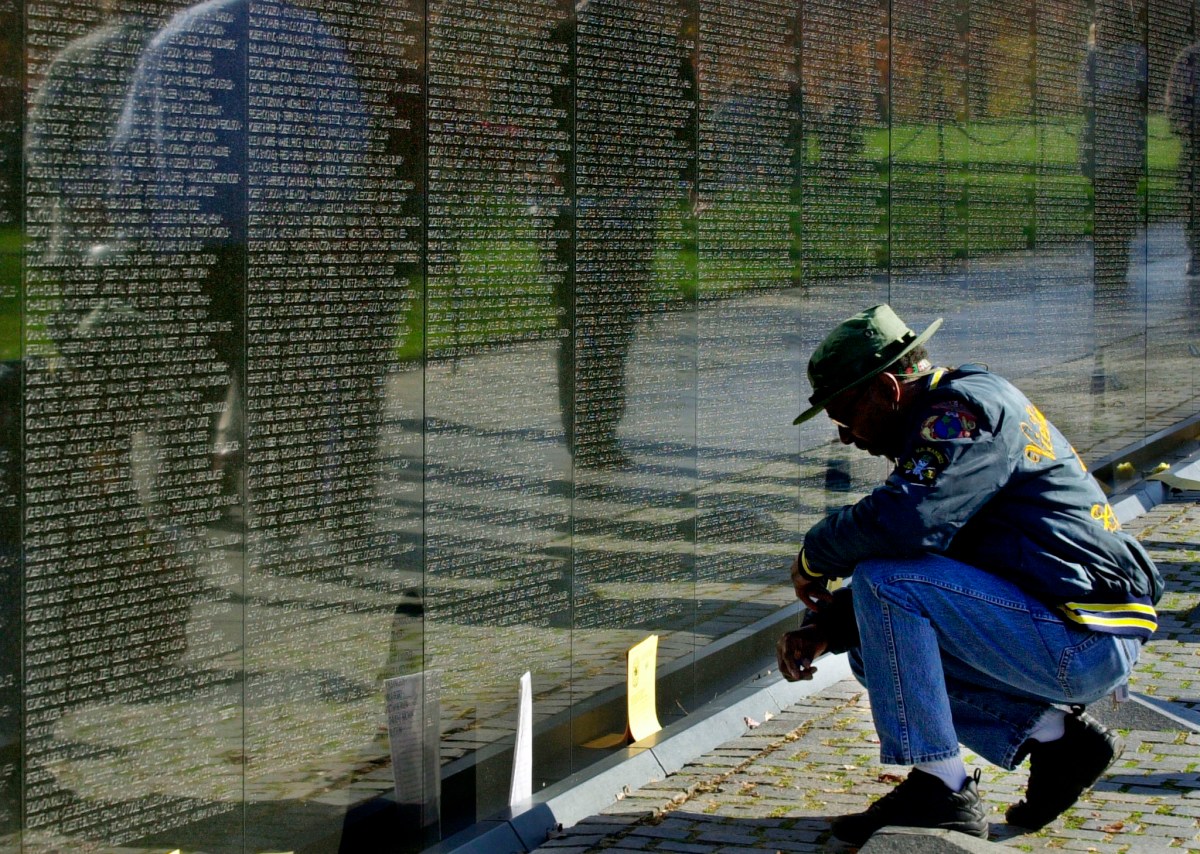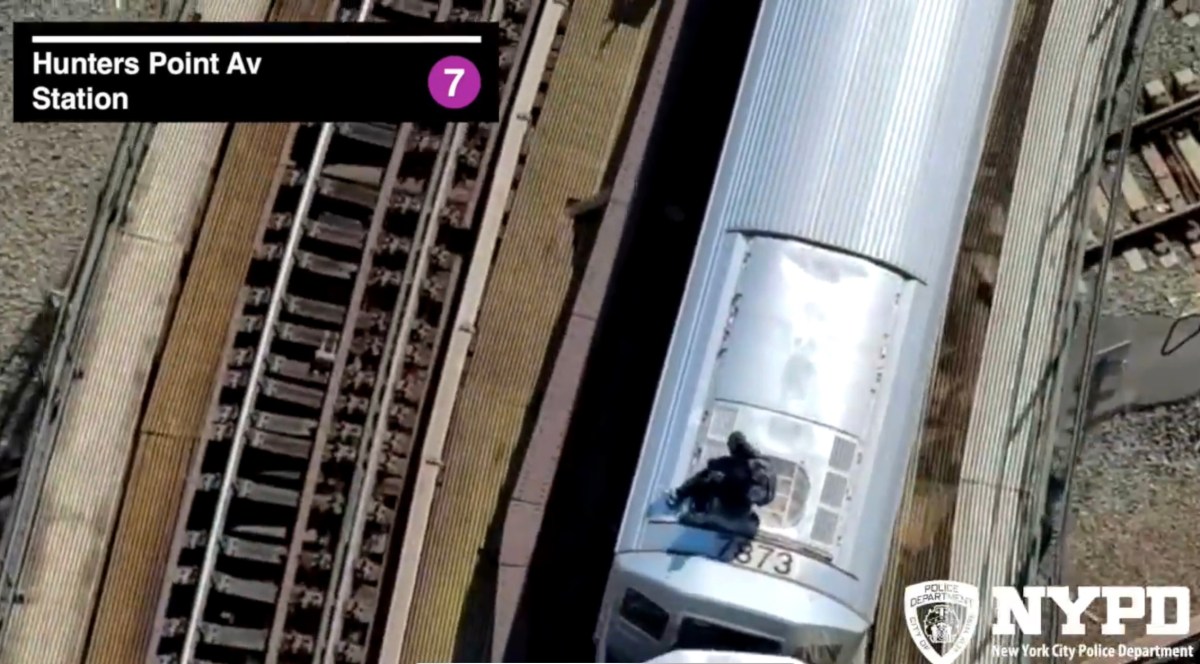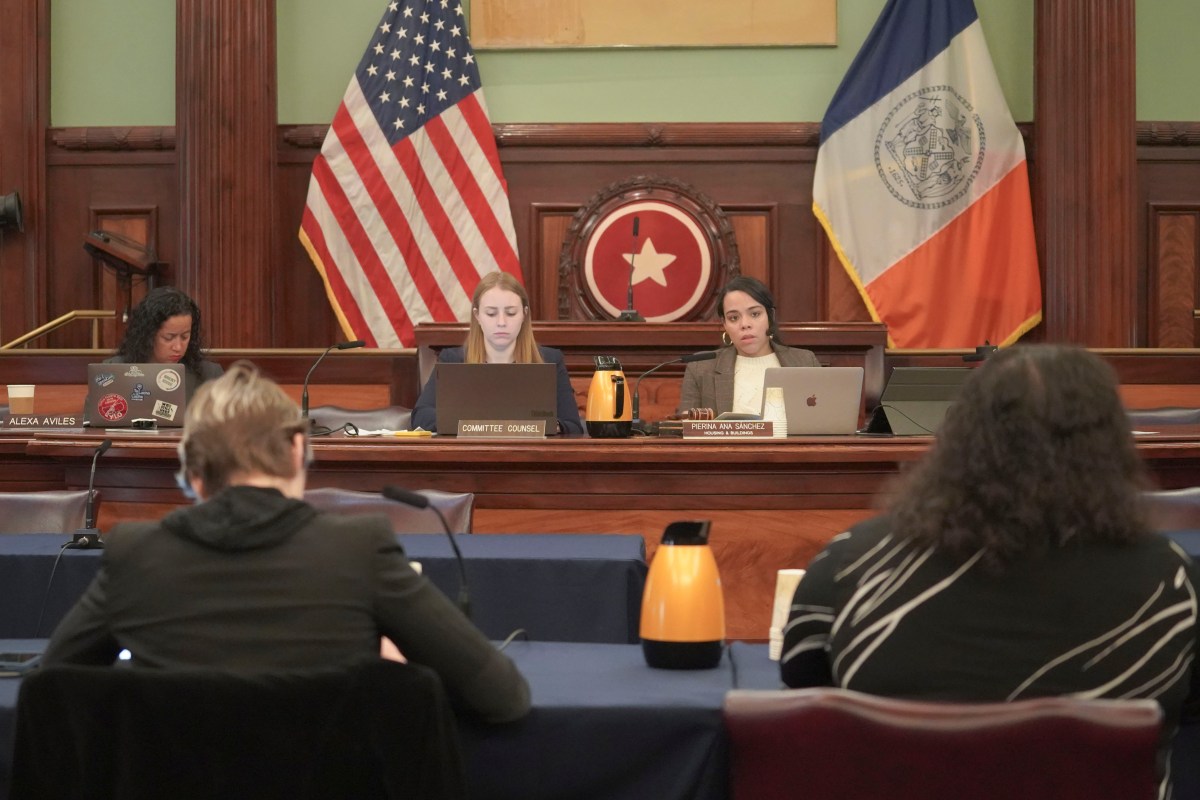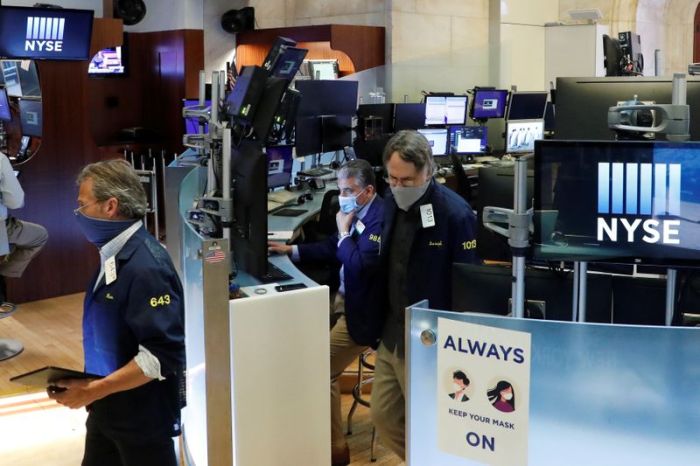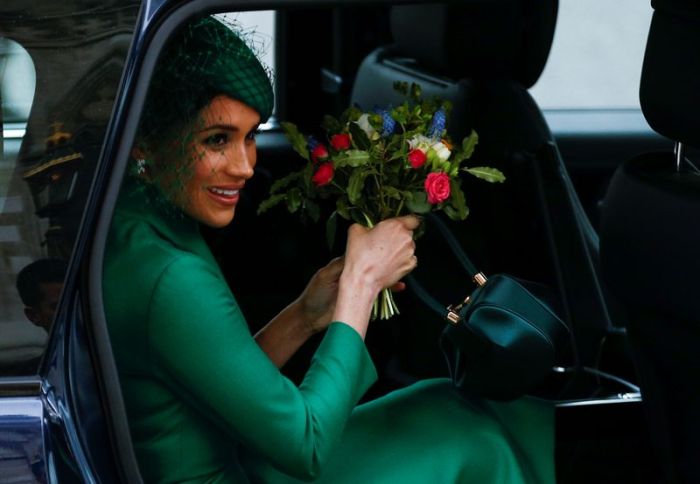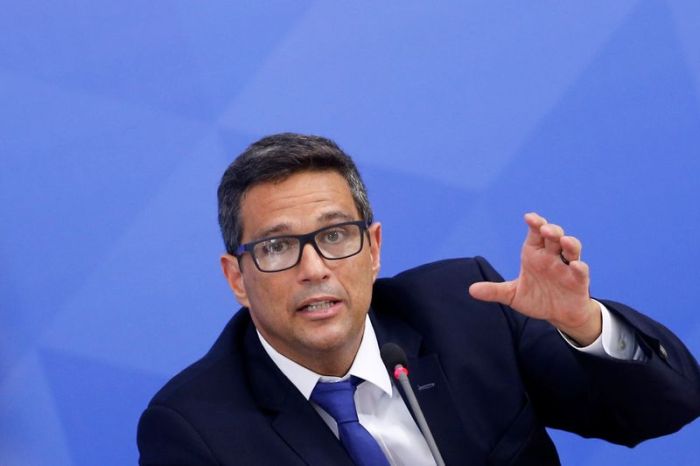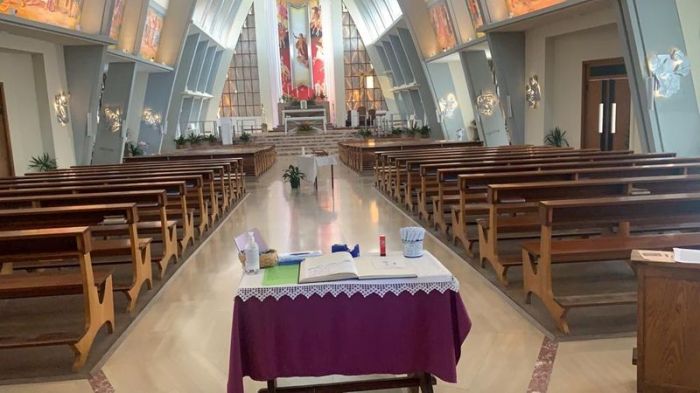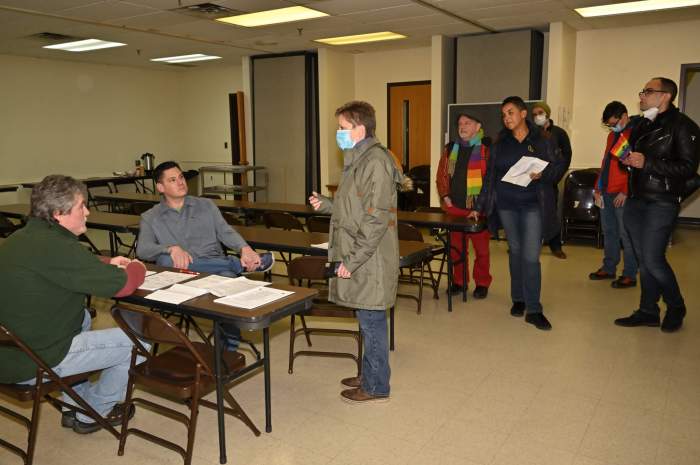(This July 8 story corrects first paragraph to say tattoo parlor instead of tattoo)
NEW YORK (Reuters) – It’s legal once again to go to a tattoo parlor in New York and get ink just about anywhere on your body – except under the face mask still required as the city reopens after once being the epicenter of the U.S. coronavirus outbreak.
Tattoo aficionados this week rushed to body art parlors across New York which opened on Monday after being shuttered for more than three months, including InkStained Tattoo Studio on Staten Island. A limited number of customers could be inside at once and each of the five artists had about 30 people on their waiting lists.
“Oh man, it’s awesome – I had been thinking about it for months,” said customer Analia Acevedo of Staten Island, who was getting the underside of her forearm tattooed with an elaborate blue and purple rose design.
“They got a lot of great things here to make you feel safe,” said Acevedo, gazing at newly installed curtains between tattoo chairs to create a barrier against COVID-19.
Even with this week’s reopening of self-care businesses, state regulations require customers to wear face masks and prohibit removing them, keeping that section of the body canvas off-limits for tattoos – for now.
InkStained tattoo artist Tramaine Miles said the shutdown initially provided some welcome time off but it stretched far too long.
“It feels really good to be back in the chair,” Miles said.
InkStained studio owner Michael Herbert said the closure left him worried about paying bills.
“This is all we have,” Herbert said. “It’s a very hard industry to be in to begin with and be forced to shut down for four months. It’s very difficult.”
It was the city’s second tattoo parlor reopening, after a 1961 ban during a Hepatitis B outbreak was lifted in 1997. Some historians speculate that the shutdown actually had less to do with controlling disease spread and more to do with city efforts to clean up its image ahead of the 1964 World’s Fair, according to Smithsonian.com.
(Additional reporting by Barbara Goldberg in Maplewood, New Jersey; Editing by Lisa Shumaker)

